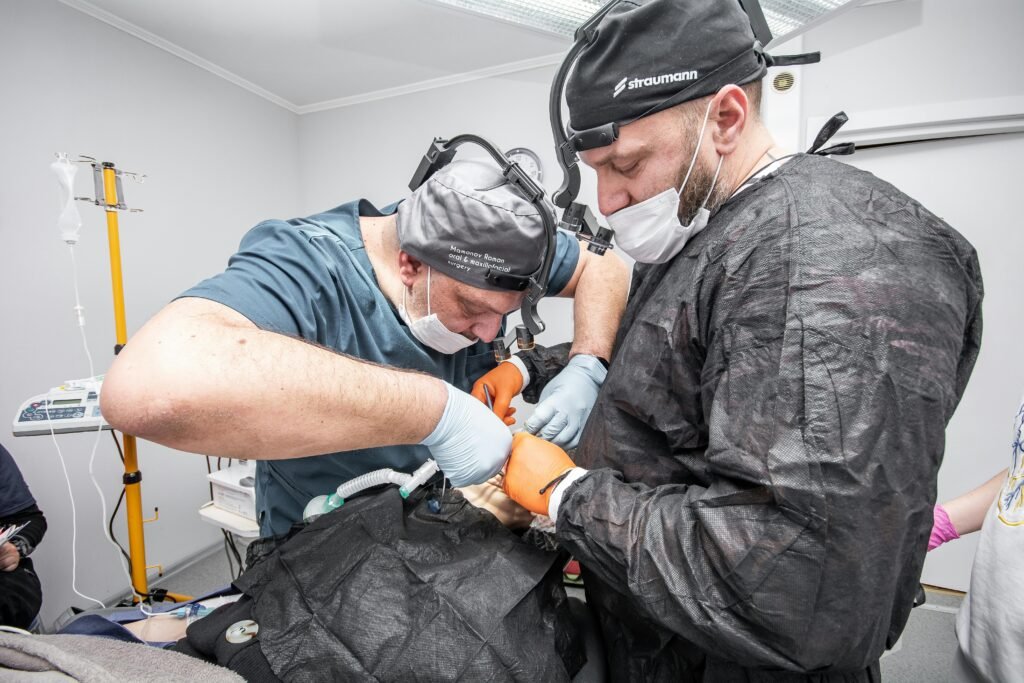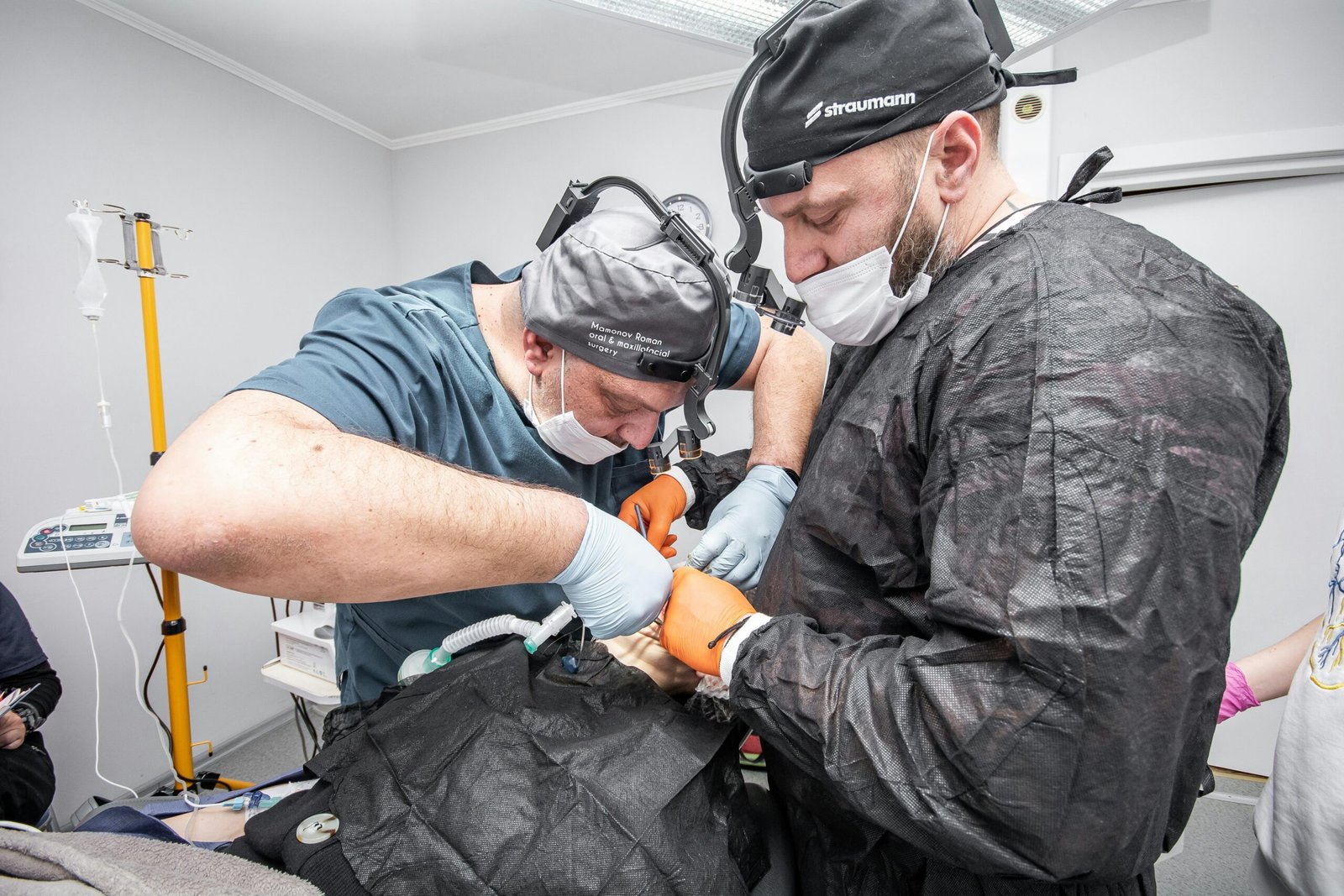Did you know that the supplements you take could potentially interact with your prescription medications? It’s important to be aware of this possibility, as it can have significant implications for your health. In this article, we will explore the potential interactions between supplements and prescription medications, providing you with valuable information to help you make informed decisions about your health and well-being. So, let’s dive into the topic and learn more about this important issue.

Understanding Supplement-Drug Interactions
Supplement-drug interactions occur when the combination of a dietary supplement and a prescription medication affects the way the body processes either or both substances. These interactions can have significant consequences on a person’s health and well-being. It is important to be aware of these interactions and take necessary precautions when using supplements alongside medications.
Definition of Supplement-Drug Interactions
Supplement-drug interactions refer to the ways in which the components of a dietary supplement either enhance or inhibit the action of prescription medications in the body. These interactions can occur due to various mechanisms, such as altering the metabolism or absorption of the drug, affecting its concentration in the blood, or interfering with its overall effectiveness. Understanding these interactions is crucial to ensure the safe and effective use of both supplements and medications.
Types of Supplement-Drug Interactions
There are three main types of supplement-drug interactions: pharmacokinetic interactions, pharmacodynamic interactions, and additive interactions. Pharmacokinetic interactions occur when supplements affect the way medications are absorbed, metabolized, distributed, or excreted by the body. Pharmacodynamic interactions involve the interaction between the supplement and the drug at the cellular or molecular level. Additive interactions occur when the effects of a supplement and a medication are combined, leading to an intensified response or adverse effects. Being aware of these different types of interactions can help individuals recognize and manage potential risks.
Mechanism of Interaction
Supplement-drug interactions can occur through several mechanisms. One common mechanism is enzyme inhibition or induction, where a supplement interferes with the enzymes responsible for metabolizing medications. For example, the supplement St. John’s Wort is known to induce enzymes responsible for drug metabolism, leading to decreased drug concentration in the blood. Another mechanism is the alteration of drug absorption in the gastrointestinal tract. Certain supplements, such as fiber or calcium, can bind to medications in the stomach and intestines, reducing their absorption. Understanding the mechanisms of interaction can provide insights into how and why these interactions occur.

Commonly Used Supplements and their Interactions
Numerous dietary supplements have the potential to interact with prescription medications. It is important to be aware of these interactions to avoid any adverse effects on health. Some common examples include the interaction between Vitamin K and blood thinners, St. John’s Wort and antidepressants, and Ginkgo Biloba and antiplatelet medications. Vitamin K, naturally present in leafy green vegetables, can interfere with the effectiveness of blood thinners, which are prescribed to prevent blood clotting. St. John’s Wort, a popular herbal supplement used for depression, can decrease the effectiveness of antidepressant medications. Ginkgo Biloba, often taken for cognitive function, may increase the risk of bleeding when used alongside antiplatelet medications. Recognizing these interactions is vital to ensure the safe use of both supplements and medications.
Potential Risks and Side Effects
The risks associated with supplement-drug interactions can vary depending on the specific interaction and individual circumstances. One potential risk is an increased risk of bleeding, which can occur when a supplement affects the blood’s ability to clot properly. Altered drug effectiveness is another risk, where the interaction between a supplement and medication compromises the medication’s intended effects. Additionally, some interactions may lead to enhanced side effects or adverse reactions, making treatment more challenging. It is important to be aware of these potential risks to mitigate any harm or negative consequences.

Identifying Supplement-Drug Interactions
Identifying supplement-drug interactions requires a proactive approach to ensure safety and efficacy in medication and supplement use. The first step is to check with a healthcare provider, such as a doctor or pharmacist, who has a comprehensive understanding of medications and supplements. They can provide valuable guidance on potential interactions and suggest alternative options if necessary. Reading supplement labels is also crucial, as they may contain warnings or precautions regarding possible interactions. Lastly, researching drug interactions online or through reputable sources can provide additional insights and help individuals make informed decisions.
Steps to Minimize Risks
To minimize the risks associated with supplement-drug interactions, it is essential to take certain steps. First and foremost, informing healthcare providers about any supplements being used is vital. Healthcare providers can assess potential interactions and adjust medication regimens accordingly. Monitoring for side effects is also crucial, as it enables prompt detection of any adverse reactions. If side effects are identified, healthcare providers can make appropriate changes to the medication or supplement routine. Adjusting supplement dosages under professional guidance can also help minimize risks and ensure the safe use of supplements alongside medications.
Tips for Safe Supplement Use
To ensure safe supplement use, it is important to consult with a pharmacist or healthcare provider. These professionals can provide valuable insights into potential interactions and guide individuals towards safe choices. Using trusted supplement brands is also essential, as reputable companies prioritize quality and safety. Shying away from self-prescribing is another important tip to remember. While it may be tempting to try various supplements, it is crucial to consult with a healthcare professional to ensure they are compatible with any current medications or health conditions. By following these tips, individuals can maximize the benefits of supplements while minimizing potential risks.
Preventing and Managing Interactions in Special Populations
Certain populations, such as pregnant women, elderly individuals, and those with chronic conditions, may be more susceptible to supplement-drug interactions. Pregnant women, for instance, need to be cautious about the supplements they take, as some may pose risks to the developing fetus or interfere with prenatal medications. Elderly individuals often take multiple medications, increasing the likelihood of interactions. Regular medication reviews and consulting with healthcare providers can help manage these risks. Individuals with chronic conditions, such as diabetes or heart disease, may need to be particularly cautious, as certain supplements can interfere with their medications and worsen their condition. Close monitoring and coordination between healthcare providers and patients are crucial in preventing and managing interactions in these special populations.
The Importance of Communication
Effective communication between healthcare providers and patients plays a vital role in preventing and managing supplement-drug interactions. Healthcare providers need to be knowledgeable about potential interactions and actively engage in dialogue with their patients to identify any potential risks. Patients, on the other hand, need to be open and honest about their supplement use, ensuring that healthcare providers have accurate information to assess potential interactions. Interprofessional collaborations, such as between doctors, pharmacists, and dietitians, can also be beneficial in optimizing medication and supplement regimens. Public education campaigns can further raise awareness about supplement-drug interactions and encourage individuals to seek professional advice when considering supplements alongside medications.
Conclusion
Understanding supplement-drug interactions is essential for ensuring safe and effective use of both supplements and prescription medications. With the wide availability and usage of dietary supplements, the risk of interactions is significant. By familiarizing oneself with the types and mechanisms of interactions, identifying common interactions, and taking necessary steps to minimize risks, individuals can make informed choices about supplement use. Effective communication and collaborative efforts among healthcare providers, patients, and the public are crucial in reducing the occurrence and impact of supplement-drug interactions. By prioritizing safety and education, individuals can achieve optimal health outcomes while using supplements alongside medications.
